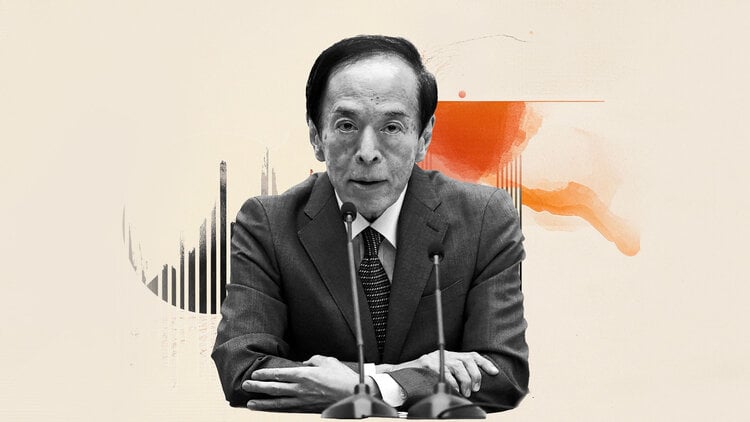Santander raised its expectations for inflation in Brazil on the horizon until 2024, and warned of the risks that the fiscal expansion planned by the elected government represents for the consolidation of public accounts in the long term.
The bank revised the 2022 IPCA up 5.8%, against 5.5% previously estimated, citing “recent bullish surprises in volatile prices, together with the end of the bearish effect of the tax cut”.
For 2023, “we are now considering new tax hikes, in addition to the effects of a more heated job market”, said Santander, which raised its inflation forecast for next year to 5.4%, from 5.0% .
“Given higher inflation next year, with pressures on more rigid/inertial price groups, we revised the IPCA 2024 to 3.5% (from 3.0%), which implies an even slower trajectory of inflationary convergence over center of the goal”, said the bank in a report signed by its chief economist, Ana Paula Vescovi, and team.
Even so, Santander maintained its expectations for the Selic rate at 12.0% in 2023 and 9.00% in 2024, compared to the current level of 13.75%. However, “given the current tone of fiscal policy discussions, we see upward risks to the future trajectory of interest rates”, assessed the bank.
Regarding fiscal matters, Santander started projecting a public sector primary deficit of 1.5% of GDP in 2023, worse than the 1.4% previously forecast.
The bank warned that “the PEC (of the Transition) approved in the Senate has the potential for a fiscal impact of more than R$220 billion, and the approval of legislation at this level would generate a downward bias in the primary result estimates”.
“For the long term, since we assume that the current level of commodities will not be permanent, we continue to see a risky path towards debt stabilization, given the reduced effectiveness of fiscal rules and pressures for social spending”, evaluated the private creditor .
“Next year, it will be essential to observe the debate on the new fiscal rules, which will aim to anchor expectations for the fiscal consolidation process ahead.”
Source: CNN Brasil
A journalist with over 7 years of experience in the news industry, currently working at World Stock Market as an author for the Entertainment section and also contributing to the Economics or finance section on a part-time basis. Has a passion for Entertainment and fashion topics, and has put in a lot of research and effort to provide accurate information to readers.







